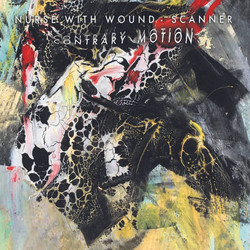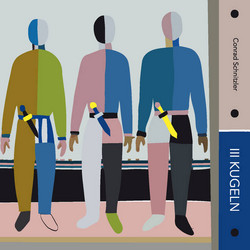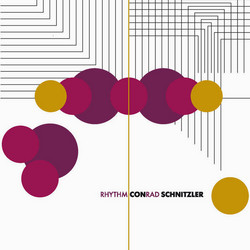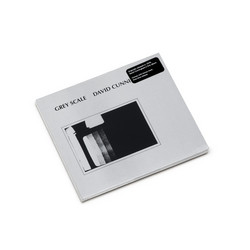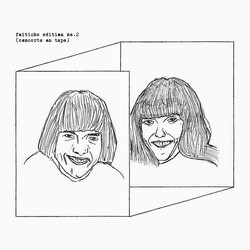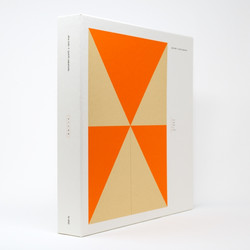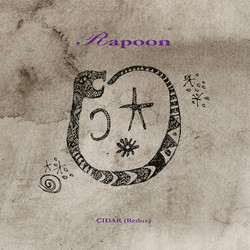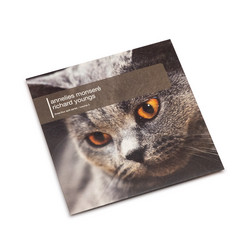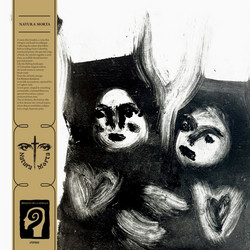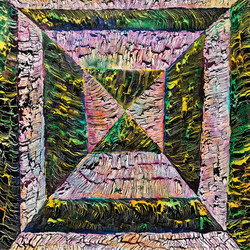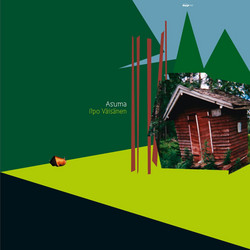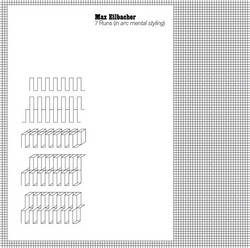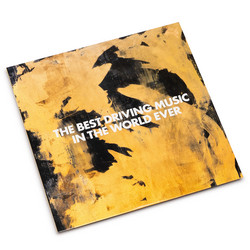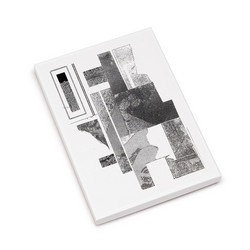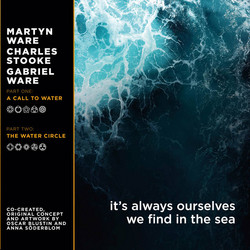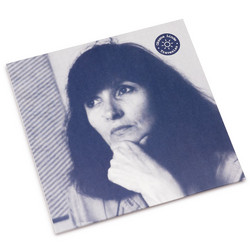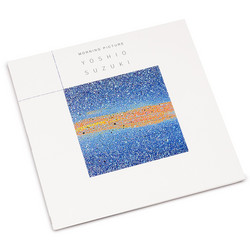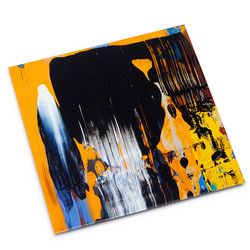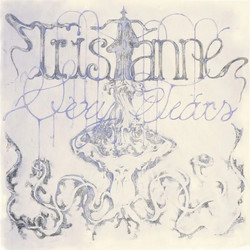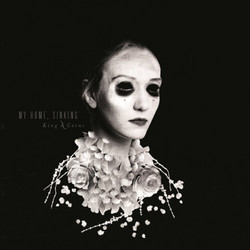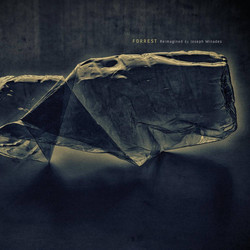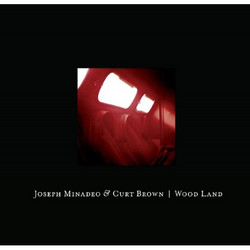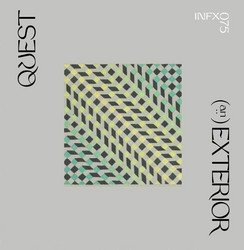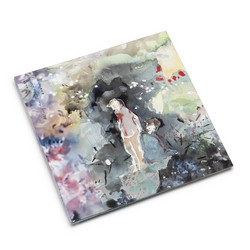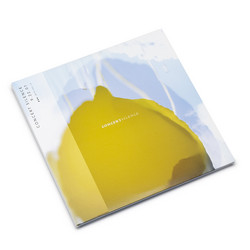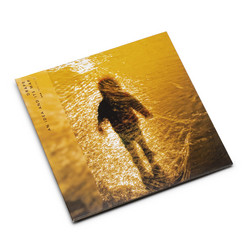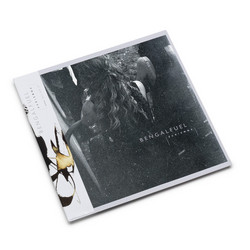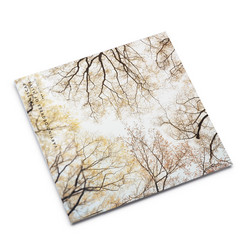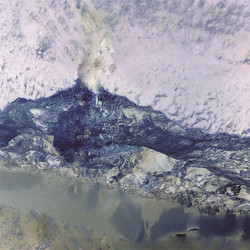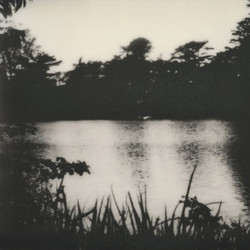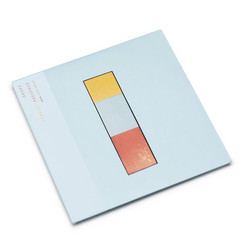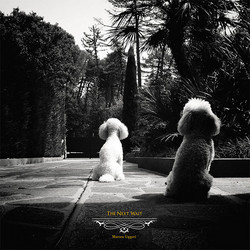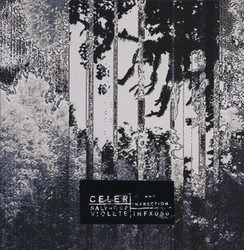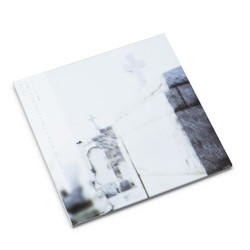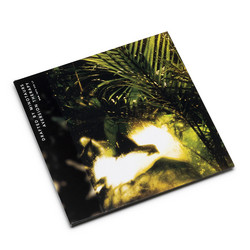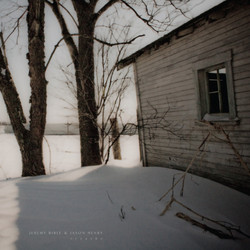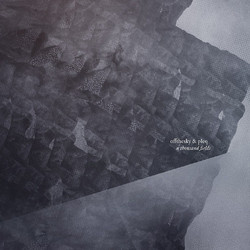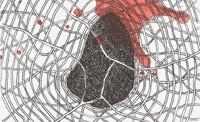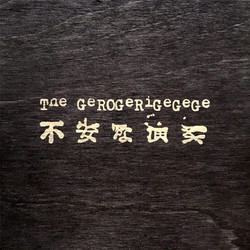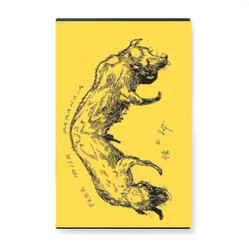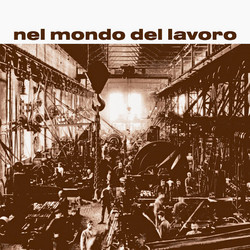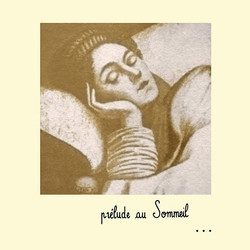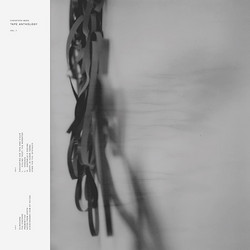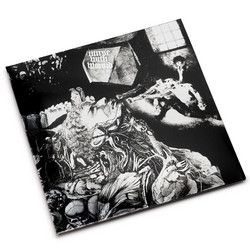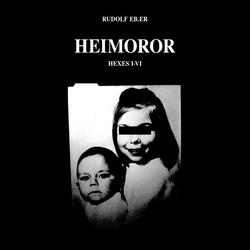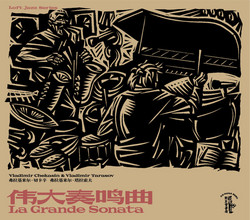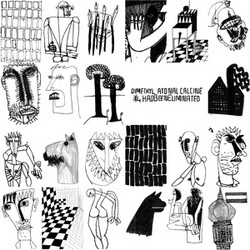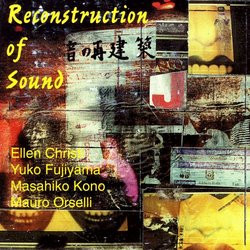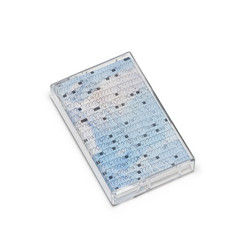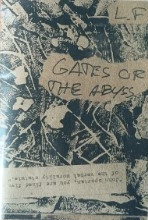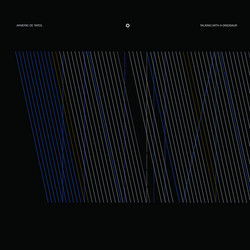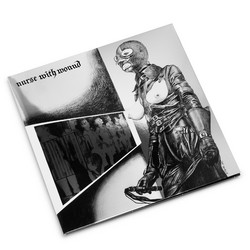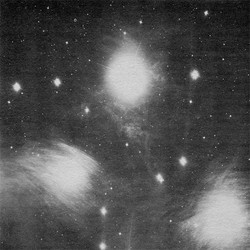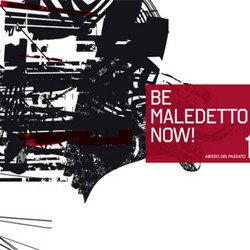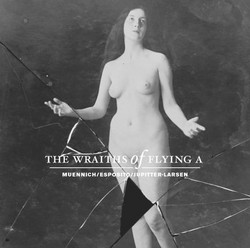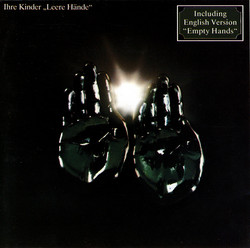My Home, Sinking
King of Corns (2LP, White)
**2022 stock. Edition of 100 copies ** My Home, Sinking is one of the many sound projects fronted by Venetian Enrico Coniglio, whose latest album King of Corns blends live instrumentation with field recordings and strange vocals to create a neo-classical work wherein the sum of the whole is greater than its parts. Like Baudelaire’s great book of poems, The Flowers of Evil, King of Corns seems to allude to the interplay between life and death as twin sides of the same coin. The beautiful, haunting sleeve art features the unsmiling bust of a porcelain woman with black eyes from whose neck emerges a full bouquet of roses. Frequently the album is beautiful on its own terms.
Consider the opening track, “Bird’s Eye” which features an Eno-esque piano walking over cinematic strings and a lazy harmonica. The piece sounds like an orchestra tuning up before a concert, a call to adventure for the rest of the album. Perhaps more fittingly, it reminds of latter day Talk Talk with tensile strings, errant notes, silent interludes, slow motion piano. Further beauty exists in “Animating Old Postcards,” which is built around a minstrel’s guitar and the ethereal voice of Finnish artist Violeta Päivänkakkara and feels like a springtime return, a much-needed break in the clouds, a patch of blue after heavy storms. With that said, the album’s title track is undeniably terrifying. Led by the quivering, indecipherable falsetto of Jessica Constable and a fearsome piano arpeggio, “King of Corns” sounds something like a witch’s curse or an oracle warning of things to come. The last track on the album, “Full Blank (No Stars)” is a dark aria and again features Ms. Constable, who is not so much singing here as reciting musically, as if in an opera.
Clearly, Coniglio’s King of Corns is a marked change in direction from the warm sounds of the last MHS album, Sleet. More sound art, the new work is riddled with anxiety, hesitation, fear. It’s hard to imagine listening to this in polite company or before going to bed. But ultimately the album is successful in that the work demands the listener engage directly with it to form her own interpretation of the material, and in this collaboration she becomes implicit in its creation, a kind of co-author of each track.
Often King of Corns sounds like a descent into madness, a journey through the forest of the dead to the darkest parts of the self. But where there is death there is opportunity for life, for new beginnings. KoC proves that Coniglio is a Romantic in the true sense of the word: one who believes that death and darkness and dreams give us secret access to the divine and help us reconnect with the life-giving principle, or what the Greeks called “Psyche” - the soul.
-Daniel Williams
